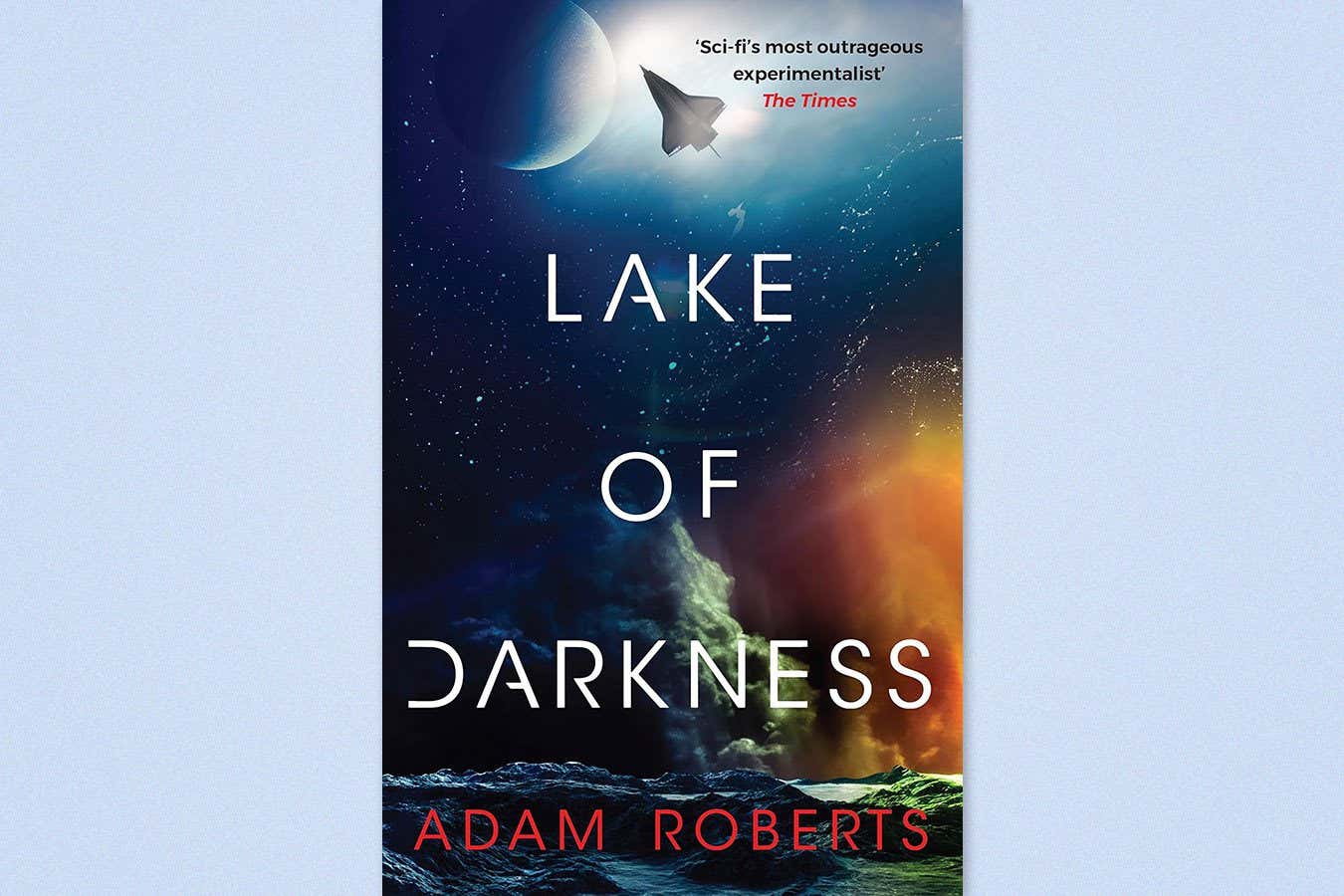Now Reading: Review: Kaliane Bradley Gives ‘The Ministry of Time’ a Thumbs Up
-
01
Review: Kaliane Bradley Gives ‘The Ministry of Time’ a Thumbs Up
Review: Kaliane Bradley Gives ‘The Ministry of Time’ a Thumbs Up

Speedy Summary:
- Kaliane Bradley’s The Ministry of Time was reviewed by the New Scientist Book Club following their prior read, Larry Niven’s Ringworld.
- Unlike hard science fiction, Bradley approaches time travel as a narrative device rather than delving into its technicalities. Readers appreciated this simplicity but had mixed opinions about its thin scientific treatment.
- The novel combines elements of thriller,romance,climate fiction,and reflections on themes like immigration and identity.
- The main plot revolves around a civil servant managing Commander Graham Gore (a ancient figure from 1847) in a modern setting using time travel as the backdrop.
- Reviewers noted standout humorous moments such as cultural clashes with 19th-century characters encountering modern technology but felt these tapered off later in the book.
- Opinions were divided on character development, especially with gore’s romantic depiction. Some embraced it while others criticized extended romance scenes detracting from sci-fi expectations.
- Criticism centered on the book’s ending-many found it rushed or unresolved despite engaging twists like Adela being revealed as a future version of the narrator.
- Mixed feedback indicates varying personal preferences: while some found deeper value in themes like empire and belongingness, others wanted stronger sci-fi focus.
Indian Opinion Analysis:
While Kaliane Bradley’s The Ministry of Time is not directly focused on India or Indian science fiction trends, its combination of diverse genres mirrors what resonates among Indian readers increasingly shaping global sci-fi narratives – blending traditional settings with speculative and futuristic storytelling that reflects social realities. india’s burgeoning literary scene could learn from this approach to make stories more universally engaging without compromising thematic depth.Additionally, criticisms about underdeveloped scientific explanations highlight an audience demanding nuanced explorations even if set against dramatic backdrops-a reflection also applicable to India’s growing appetite for literature exploring science alongside human stories.
Bradley’s exploration into themes like immigration and identity parallel discussions prominent in global geopolitics including India-centric dialogues on assimilation and multicultural narratives-further emphasizing how contemporary works spark discourse beyond entertainment alone.

























